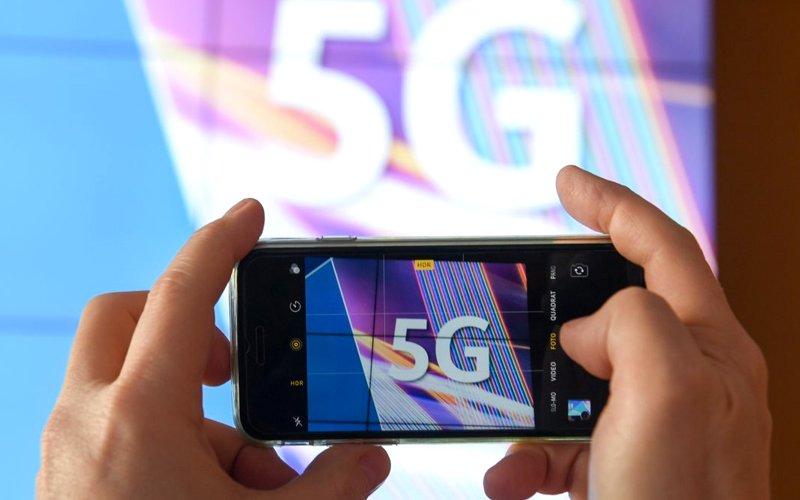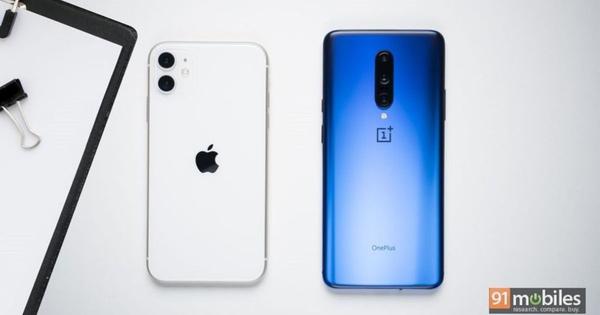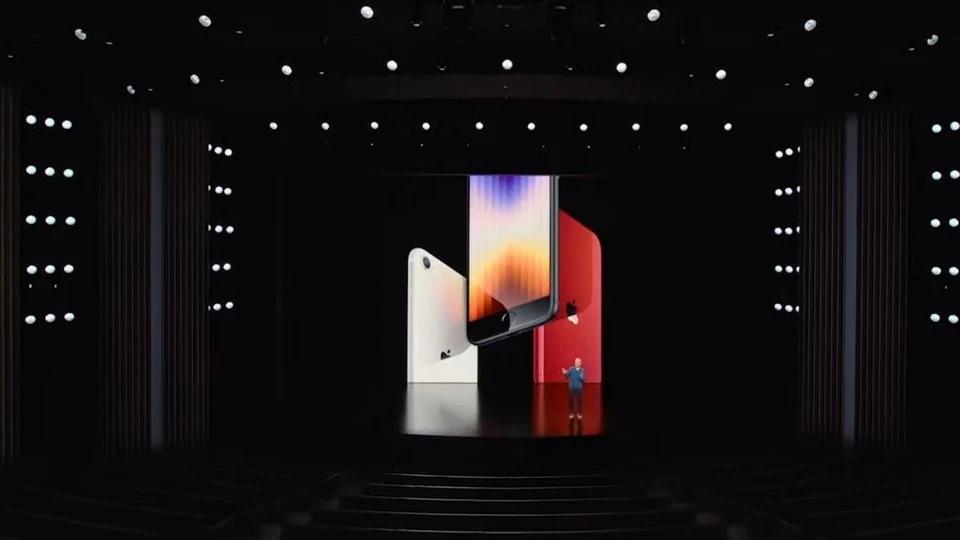Bangi MP suggests KPIs for DNB, mobile network operators in 5G rollout
Follow us on Instagram and subscribe to our Telegram channel for the latest updates.
KUALA LUMPUR, March 18 — Bangi MP Ong Kian Ming today suggested for a Key Performance Index (KPI) to be set for the implementation of 5G rollout by the Digital Nasional Berhad (DNB).
He said now that DNB can continue to focus on the 5G rollout without having to worry if it will have to change its business model to accommodate another player, it must be transparent about the KPIs that it has set for itself.
“DNB should publish a yearly report card with key KPIs reported such as whether it has achieved its aim of 40 per cent population covered by 5G (including the quality of coverage) with approximately 4,000 sites installed, delivery of 5G at less than 20 sen per gigabit (GB) and enterprise use cases by entities in different fields (such as universities, smart factories and health care facilities),” he said in a statement this morning.
Ong said DNB should issue a report card on its achievements for 2021 to set the benchmark for a higher level of transparency and reporting standard for the industry.
“At the same time, it should be transparent in controlling costs on the technical side of the 5G rollout (currently estimated at RM11.5 billion over 10 years) as well as its own internal corporate costs (currently estimated at RM4.0 billion over 10 years),” he said.
Ong said DNB must be prepared to cut its own internal corporate costs, especially down the road, when most of the “heavy lifting” of the 5G rollout has been done and the staffing size of DNB can be gradually reduced.
Meanwhile, for the mobile network operators (MNOs) for 4G and 5G rollout, the former deputy minister of international trade and industry said the MNOs should continue to focus on improving their 4G service and work closely with DNB to prepare their own network infrastructure and software to allow for the smooth rollout of 5G.
“For example, it can commission independent audits of 4G coverage in urban and rural areas by private firms to evaluate the quality of 4G coverage and publish those results. It can allow the public to submit 4G coverage quality reports for their own MNOs to MCMC via an online platform which then can be viewed publicly so that we can all evaluate the quality of 4G coverage by individual MNOs across different parts of the country.

“This kind of transparent report can also be used for 5G coverage as it gets rolled out by DNB and the MNOs start providing 5G coverage to its customers. The MNOs must work with the regulator to allow for these KPIs to be reported regularly and transparently,” he said.
Meanwhile Malaysian Communications and Multimedia Commission (MCMC) — the regulator of the telecommunications industry, Ong said it must be transparent in its dealing with both parties and explain the basis of their decisions to policy makers and other stakeholders.
He cited an example of the Reference Access Offer (RAO), which dictates the contractual terms by which the MNOs can access the 5G infrastructure provided by DNB, will be a contentious and highly technical document.
“MCMC, upon approval of the RAO that is prepared by DNB (but which can be amended and updated by MCMC), will have to play the role of referee in order to get the MNOs buy-in so that they will sign the access contract with DNB.
“At the same time, MCMC must also make the effort to explain this contract in as accessible and easy to understand language as possible to the media, to policy makers and to other interested stakeholders.
“There are other technical documents which must be prepared and disclosed by MCMC, including the Mandatory Standard on Access Pricing (MSAP) which determines the maximum price a telco operator can charge customers for a variety of communications related services (mobile, high speed broadband, satellite, as a few examples),” he said.
According to Ong the document was last updated in December 2017.
Lastly, Ong said the Finance Ministry — currently the only shareholder of DNB must also be transparent including making sure DNB is not “swallowed” up after MNOs took 70 per cent of DNB state in the future.
“In other words, a conflict of interest cannot be allowed whereby the MNOs use their majority stake in DNB to slow down the 5G rollout so that they can have more time to “sweat” their 4G assets and decrease their payments to DNB because of a slower 5G rollout timeline.
“Secondly, the agreement to allow the Big 4 (Celcom, Digi, Maxis and UMobile) to buy up to 70 per cent of DNB should not disallow other smaller operators from having a similar access to DNB’s 5G network even after DNB is no longer majority owned by the MOF.
“This is to preserve one of the reasons why DNB was created as a 100 per cent government-owned entity in the first place, which is to ensure access to the 5G network for new players in addition to the Big 4, especially those players who want to deploy new enterprise solutions for smart cities, smart universities, smart factories, just to name a few,” he said.
Yesterday, Putrajaya officially announced that Malaysia will proceed with its 5G rollout via its Single Wholesale Network (SWN) model operated by DNB.
Finance Minister Datuk Seri Tengku Zafrul Abdul Aziz said the government has agreed to offer 70 per cent of equity holding within DNB to telecommunications companies whereas the remaining 30 per cent will be held by the Malaysian government.








